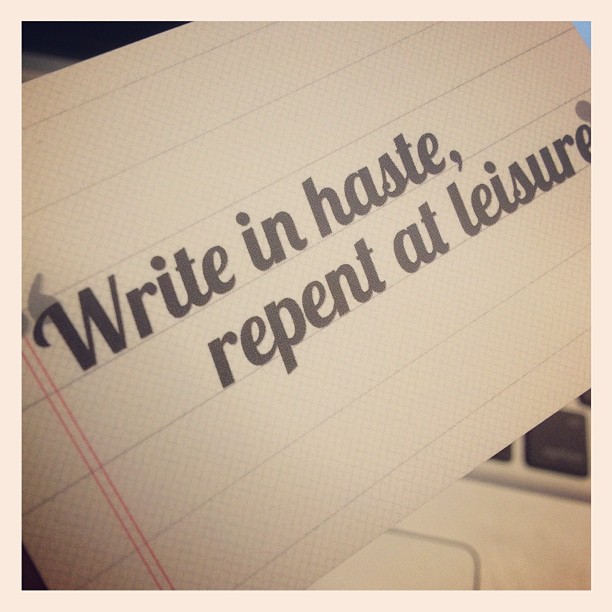No one necessarily wants to be the oldest rocker in town, but there’s something reassuring about growing old creatively. Philip Glass’s 80th birthday and a special performance at Liverpool Philharmonic made me think about age, cultural role models and reflection.
Apart from having fantastic skin, there are few things you miss about being young as you get older.
There’s a certainty with youth that seems frankly absurd as you lose friends, parents, switch careers and treat yourself to the more expensive bottle of wine. Christopher Hitchens wrote ‘in order to be a “radical” one must be open to the possibility that one’s own core assumptions are misconceived’. Yes, there are some interminable bores who are over 55. But good God, there are plenty under 25 as well.
Popular culture’s obsession with youth will probably shift as marketers realise they can’t afford anything. But it’s a fallacy to assume the only thing you gain with age is power as a consumer.
An assuredness in uncertainty, a willingness to take risks – creatively as much as anything else – and, yes, a realisation you’re not right all the time, that quite possibly, everything you have argued about for the past 20 years is bumpkin isn’t unsettling, it’s comforting. When you’re under 30 it’s the rare beast indeed who honestly doesn’t care what people think. Only the fool is confident in his certainty.
The only problem with ageing is the lack of decent role models.
Because of a fascination with those who haven’t had a chance to fuck things up yet, it gets tedious. Seeing people who have already lived through the consequences of the decisions you’re currently making gives you a sense of surety.
As a culture we struggle to give a platform to people who are not on some sort of PR circuit of interviews – hastened to give a few life platitudes in the two minutes and twenty seconds afforded to their book/film/tv show/comedy gig. And, well, it’s boring. Where’s the life in that?
Walking out of the Philharmonic Hall after the UK premiere of Philip Glass’ 11th Symphony my overriding impression was “what a third act!” Writing a symphony to coincide with one’s 80th birthday reminded me of older relatives who reach 70 and refuse to countenance anything other than a list of birthday gifts they’ve sanctioned.
I dream of living so eloquent a creative life in my 80s. Glass’ music has always been rich in symbolism and I feel that, much like Taylor Swift videos, he never does anything by accident.
Glass makes you paint pictures in your mind, which is why his music has worked so well in film. As the Liverpool Philharmonic played I began to think of Fritz Lang’s Metropolis, the clunking machinery that, underground, drives a city forward, Vertov’s Man with a Movie Camera. The twentieth is the most visual of centuries and Glass provides its soundtrack.
The new symphony is as multi-layered as any of Glass’ work from the 80s. The roots of his symphonic career, bumping into Ginsberg before they write the music for one his books, experimenting with music in different places, like incidental music in plays, there’s a sense – like the rest of his career, in truth – of Glass being like a sponge. A visit to a bookshop can provide inspiration, a walk down the street, chatting to friends (OK, some of those friends are Leonard Cohen and Brian Eno, but still).
It’s a creative life, it never gets old, inspiration never vanishes and it doesn’t dissipate as you get older. If you’re open you can still discover new things, as long as you think you don’t have the answer to every question. Philip Glass got into Ravi Shankar before The Beatles, how’s that for having your finger on the pulse?
A musical colossus, who has strided across genres and scenes, it’s easy to think that if you were at university at 15 (majoring in philosophy and mathematics no less), studied at Juilliard then it’s a gilded existence, but Glass didn’t make a living from music until he was 42 (an age I might once have described as middling but as it becomes closer is now in the second bloom of youth). Until then he worked the taxis as well as the odd job as a plumber. The real creative life, having a passion but having to wait until it makes you any money.

